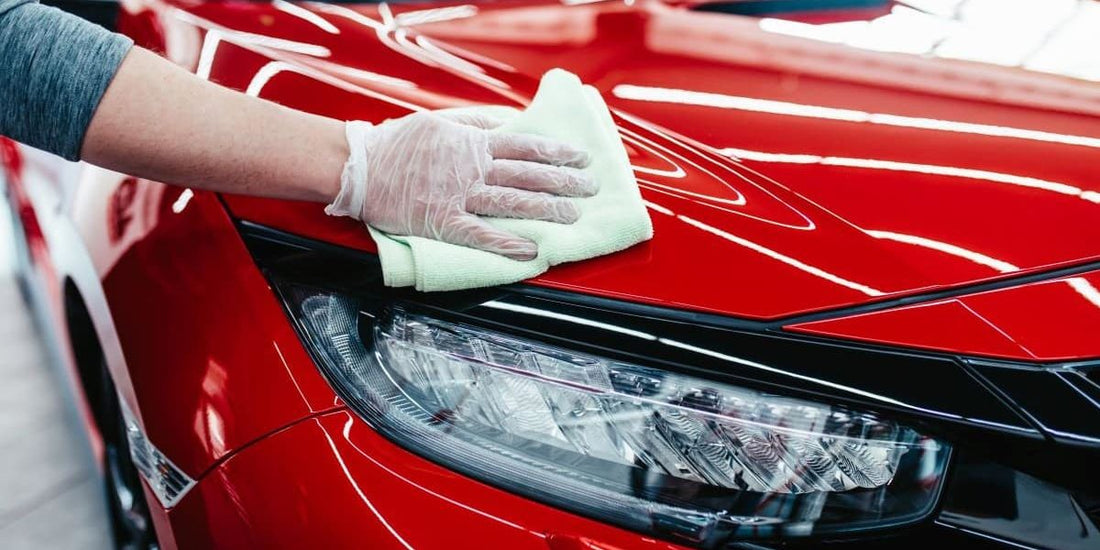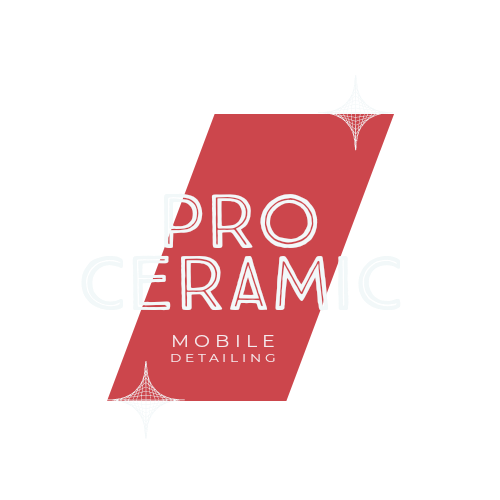
What Does Ceramic Coating Do?
Share
Ceramic coatings have gained significant popularity in the automotive industry due to their numerous benefits in protecting and enhancing the appearance of vehicles. From preserving the paint finish to reducing maintenance efforts, ceramic coatings offer a range of advantages for auto enthusiasts and casual drivers alike.
-
Enhanced Protection: One of the primary benefits of ceramic coatings is their ability to provide a durable layer of protection for a vehicle's exterior surfaces. These coatings create a semi-permanent bond with the paintwork, forming a hard and transparent barrier that shields against environmental contaminants such as dirt, bird droppings, tree sap, and road salt. By acting as a sacrificial layer, ceramic coatings help to prevent paint damage and corrosion, prolonging the lifespan of the vehicle's exterior.
-
Scratch Resistance: Ceramic coatings offer excellent scratch resistance, helping to prevent minor scratches and swirl marks that can occur during regular washing and detailing. The hard and hydrophobic nature of ceramic coatings creates a slick surface that reduces friction, making it more difficult for dirt and debris to adhere to the paintwork and cause abrasions. This scratch-resistant property helps to maintain the pristine appearance of the vehicle's paint finish over time.
-
UV Protection: Continuous exposure to sunlight can lead to the fading and degradation of a vehicle's paintwork. Ceramic coatings provide UV protection by blocking harmful ultraviolet rays from penetrating the paint surface, thereby reducing the risk of color fading and oxidation. By preserving the vibrancy and gloss of the paint, ceramic coatings help to keep the vehicle looking newer for longer.
-
Ease of Maintenance: Vehicles coated with ceramic coatings are easier to clean and maintain due to their hydrophobic properties. The slick surface created by the coating repels water and contaminants, allowing for effortless removal during washing. Additionally, dirt and grime are less likely to adhere to the paintwork, reducing the frequency of washing and detailing required to keep the vehicle looking its best. This not only saves time and effort but also minimizes the risk of swirl marks and scratches caused by improper washing techniques.
-
Chemical Resistance: Ceramic coatings offer excellent resistance to a wide range of chemicals, including acidic substances found in bird droppings, bug splatter, and tree sap. These coatings create a barrier that helps to prevent chemical etching and staining of the paintwork, ensuring that the vehicle maintains its pristine appearance even in harsh environmental conditions. This chemical resistance also makes ceramic coatings ideal for protecting against damage from road salt and industrial pollutants.
-
Heat Resistance: Ceramic coatings possess high heat resistance properties, making them ideal for protecting vehicle surfaces from the effects of heat generated by the engine, exhaust system, and brakes. By dissipating heat effectively, ceramic coatings help to prevent paint discoloration, bubbling, and cracking that can occur due to prolonged exposure to high temperatures. This heat resistance also contributes to the overall durability and longevity of the coating.
-
Enhanced Gloss and Shine: In addition to providing protection, ceramic coatings enhance the visual appearance of the vehicle by imparting a deep and glossy finish to the paintwork. The reflective properties of the coating create a mirror-like shine that enhances the color intensity and depth of the paint, giving the vehicle a showroom-worthy appearance.
In summary, ceramic coatings offer a multitude of benefits for automotive enthusiasts seeking to protect and enhance the appearance of their vehicles. From superior protection against environmental contaminants to ease of maintenance and enhanced visual appeal, ceramic coatings provide a cost-effective solution for preserving the beauty and value of automobiles for years to come.
